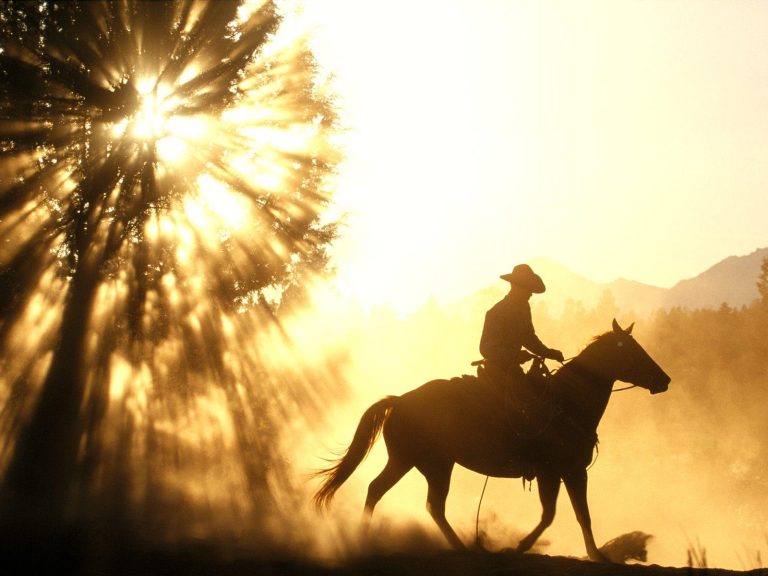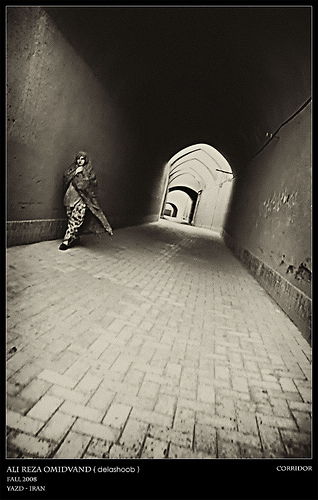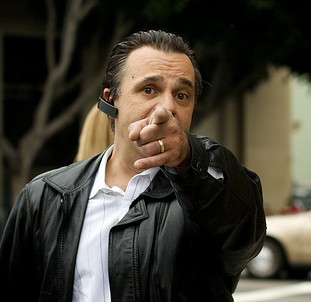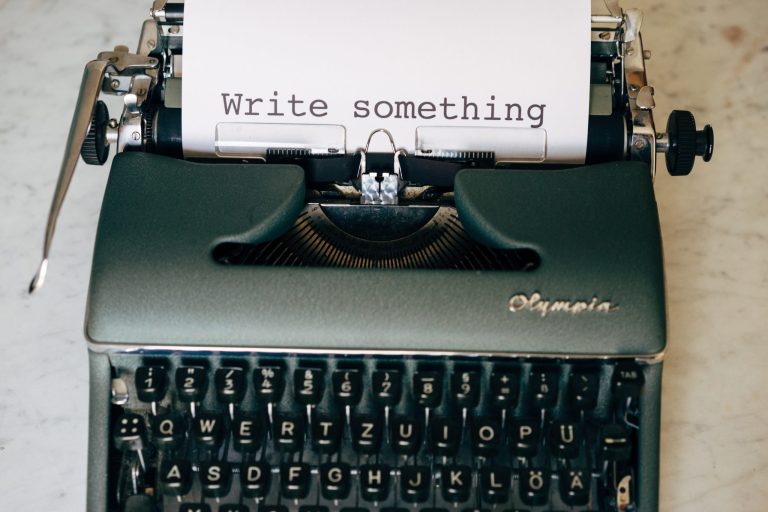The Power of Perspective in Creating Characters
Post by Marie Barry. As writers, we are constantly thinking about the lens through which our characters view the world. We’re often told to “walk in someone else’s shoes” or to “climb into his skin and walk around in it,” as Atticus Finch says.
But how do we achieve this in our own writing?
Normally, I start this by fully immersing myself in a character’s perspective, whether writing an internal monologue, pretending I’m interviewing the character or exploring how their past shapes their present.
But, recently, I was reading A Tale of Two Cities by Charles Dickens, and I was struck by a passage that didn’t filter the world through the characters’ eyes but used a shared experience to reveal their reality.
In the scene, Dickens depicts late 1700s Saint Antoine, a densely populated and impoverished slum town in Paris:
“The children had ancient faces and grave voice; and upon them, and upon the grown faces, and ploughed into every furrow of age and coming up afresh, was the sigh, Hunger. It was prevalent everywhere. Hunger was pushed out of the tall houses, in the wretched clothing that hung upon poles and lines … Hunger was the inscription on the baker’s shelves, written in the very small loaf of his scanty stock of bad bread; at the sausage-shop, in every dead-dog preparation that was offered for sale.”
Dickens uses anaphora (repetition at the beginning of a sentence to create emphasis) to reinforce hunger’s ubiquitous presence, ingrained into every aspect of life from childhood to adult. It is not only confined to individuals but woven into the fabric of the town itself, etched into faces and clothing and even the scarce, unappetizing food for sale is a reminder of its presence. No one, not even the baker or butcher, is spared.
In addition to my awe for Dickens’s writing, it reminded me that taking the perspective of a singular force, such as hunger, can be a powerful way to reveal not just one character’s experience but the life of an entire community. Rather than focusing purely on the traits and psyche of a character, sometimes stepping back and looking at the larger influences that shape their world can be just as enlightening.
One Object, Multiple Views
Now, let’s flip the perspective. Instead of exploring how a singular force can shape an entire community, let’s consider a scenario in which characters view the same object or event with entirely different perspectives.
To remind myself of just how vastly our perspectives differ, I recall the parable called “The Blind Men and the Elephant.” In the tale, six blind men each examine a different part of an elephant and arrive at wildly different conclusions about what the creature is. One man touches the trunk and says the creature is a snake, another feels the tail and insists it must be a rope, while a third touches the elephant’s leg and declares it must be a pillar, and so on. Interestingly, their limited perspectives cause them all to be partly right and completely wrong at the same time!
I’ve gone on this tangent to remind you of just how limiting a character’s perspective is, and more often than not, it’s completely unintentional.
But the limiting perspective of a character also reveals so much about who they are.
Take Herman Melville’s classic novel Moby Dick. After losing his leg to a colossal white whale, Captain Ahab becomes consumed by the idea that the whale is an embodiment of evil that he must destroy.
Meanwhile, Starbuck, his first mate, views the whale as nothing more than a dangerous animal not worthy of a reckless pursuit that will endanger their lives. To him, Ahab’s vendetta is madness.
The white whale remains the same, yet its meaning shifts dramatically depending on who perceives it. To Captain Ahab, it is a force he is destined to slaughter, revealing his obsessive nature and his near God-like belief in his invincibility. Whereas Starbuck’s logical view reveals his calm and pragmatic demeanor.
All of this is to say that considering how your characters respond to a single event or object can be a great way to help you shape and distinguish them. Beyond their perspective, it’s an opportunity to explore the traits that define them.
One Mind, Two Perspectives
So we’ve looked at writing from the perspective of one universal element, then reversed the lens and looked at how character perspectives differ on the same object and, more importantly, how this reflects their own disposition.
Now, let’s take it a step further. What happens when conflicting perspectives exist within the same character? Enter a few of my favorite old friends, Dr. Jekyll and Mr. Hyde.
Dr. Jekyll, a respectable scientist, is fascinated by the idea that every person has two sides: a socially acceptable self and a darker primal self. In his attempt to separate these halves, he creates the debased Mr. Hyde (or rather releases him).
In his confession letter, Jekyll reflects on this discovery:
“With every day, and from both sides of my intelligence, the moral and the intellectual, I thus drew steadily nearer to that truth, by whose partial discovery I have been doomed to such a dreadful shipwreck.”
At first, Jekyll believes he can control this dual existence, but as time passes, Hyde grows stronger. After abstaining from the transformation for months, Jekyll eventually gives in:
“My devil had been long caged, he came out roaring.”
Dr. Jekyll acknowledges that Hyde, having been repressed for so long, had built up frustrations that exploded. Even Jekyll’s own rejection of Hyde proves powerless against the overwhelming force of his darker nature.
This struggle between Jekyll and Hyde is a battle of perspective – two opposing viewpoints within the same mind. Ask yourself: what duality exists in your character? Does one perspective tend to win over the other? Do they resist or embrace it?
Ready to Flip the Perspective?
So, while creating your character, take a walk in their skin. Or better yet, flip the perspective so you’re observing at the character from a single force, compare how they view an entity with another character and while you’re at it, take a dive into their inner conflicts. You’ll find that no reality is the same.
 Marie Barry is a writing and reading fanatic who has studied English literature for more than a decade. Marie loves helping people improve their writing, offering insights on everything from setting up the perfect writing space to mastering creative techniques and bullet journaling.
Marie Barry is a writing and reading fanatic who has studied English literature for more than a decade. Marie loves helping people improve their writing, offering insights on everything from setting up the perfect writing space to mastering creative techniques and bullet journaling.
Featured Photo by Japheth Mast on Unsplash.
Upcoming Master Classes!
Take your writing to a higher level by participating in an intimate master class (less than 10 writers). I’ve taught hundreds of writers online via Zoom in these intensive workshops. Here are some that will be coming up soon. If interested, click on the link to fill out an interest form. I’ll be in touch as dates and times get locked in. You’ll be submitting and critiquing and learning!
But first … a special event! Writing coach and author Katja Kaine and I will be teaching a 90-minute master class in character creation. If you think you know everything about crafting great fictional characters, you may be surprised! This is a deep and challenging skill to learn! Class will be held on March 26 at 9 a.m. Pacific, and all enrolled will get lifetime access to the recording. See event details and sign up HERE on Eventbrite.
Short-Story Master Class: This 5-week class will help you ramp up your writing mastery. Even if you don’t usually (or ever) write short stories, this short form is going to greatly help your long form (novella, novel). You’ll workshop a story the entire five weeks until it’s perfect (and learn what “perfect” looks like!). Fill out the interest form HERE.
Masterful Scene Writing and Revision: I’ll be offering this course again late spring (a bunch of writers just completed this course last month, and it was terrific). You may be a good writer. Even a great one. But if you don’t know how to effectively revise your scenes, you won’t become the scene master you need to be for success! You’ll be submitting one scene for critique, and then you’ll share your revision. You’ll learn a lot from your fellow writers by seeing their comments and how they revise their own scenes! Fill out the interest form HERE.
There is still tiime to commit to one or more writing intensives in South Lake Tahoe this September. We will only book this if we get enough people and soon (before the house availability slips away!). There is nothing like writing at Lake Tahoe, with hands-on help. Here’s the form for that!
Hope to see you in one or more of these writing intensives!











